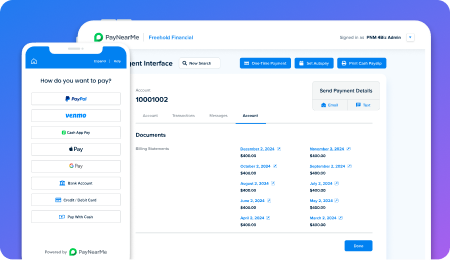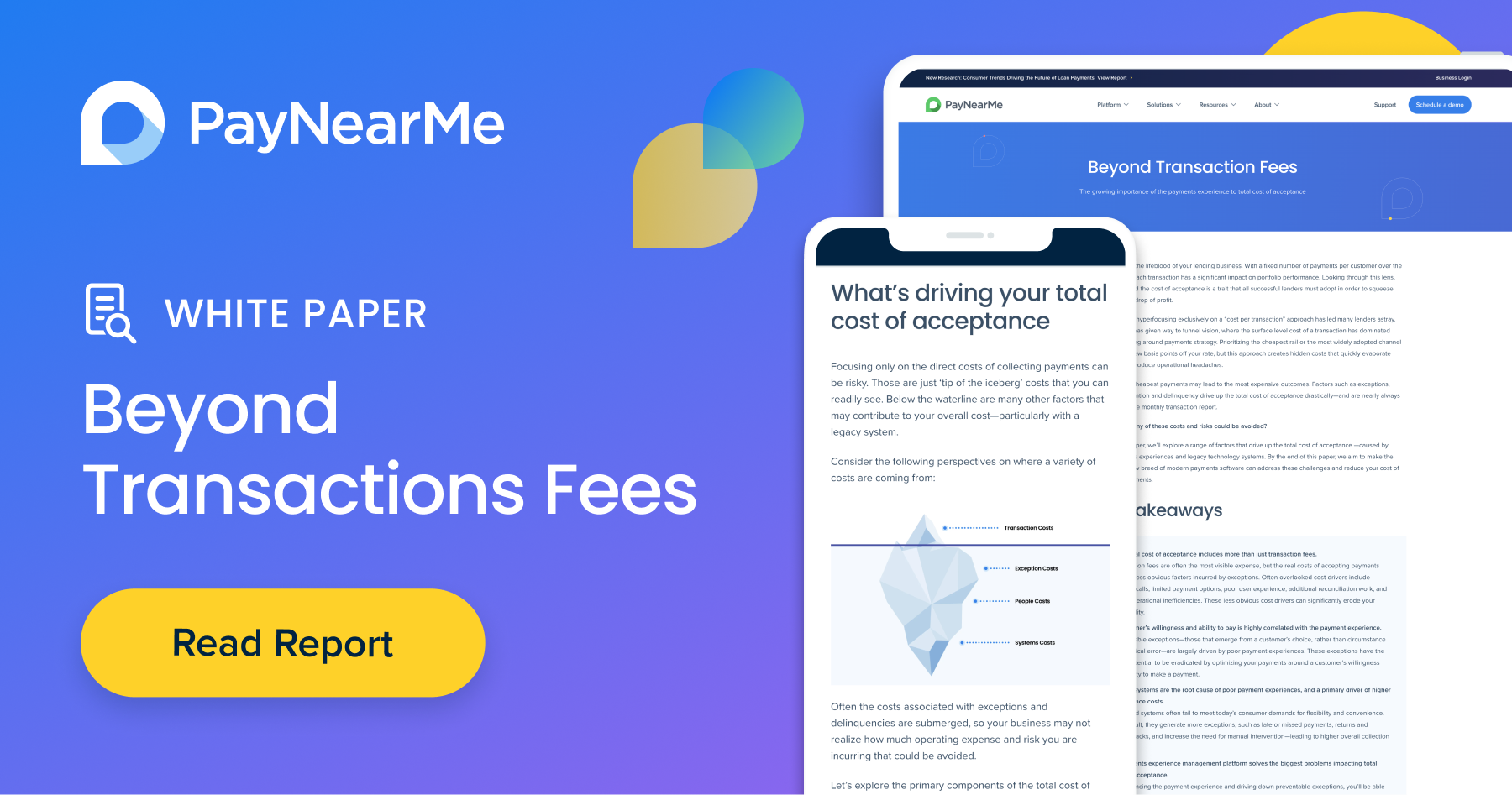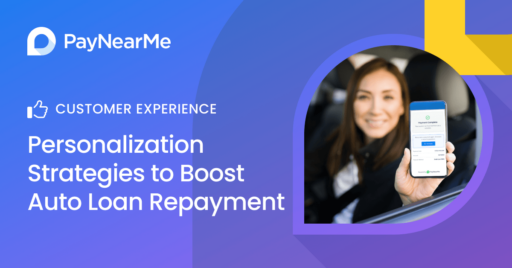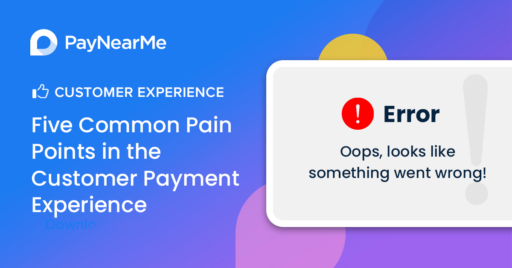Driving Growth with Payments Data: 3 Ways a Fintech Partner Can Add Business Impact
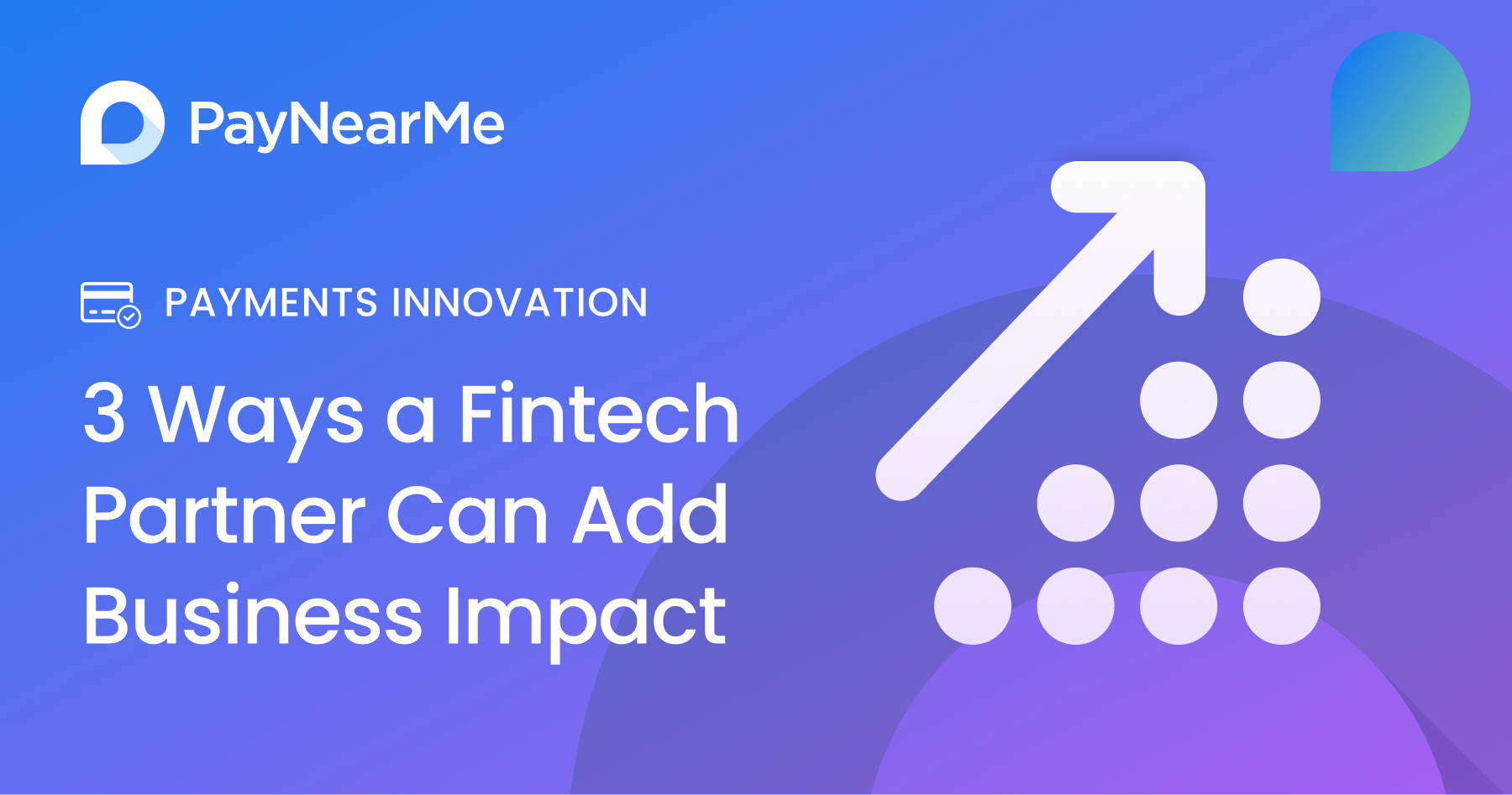
Consumer choices are now heavily influenced by the desire for seamless, personalized digital experiences. To get it right—and stand out—brands need to be more than ‘customer-first’, they need to be data-first. Optimizing engagement doesn’t come from best guesses. It takes data-driven insights to understand how to improve products, processes and touch points in ways that customers will value most.
For financial institutions (FIs) and lenders, extracting value from payments data can be a huge challenge—which is a missed opportunity. Organizations often lack access to useful data, as well as the technology and expertise to turn data into actionable insights with AI and machine learning (ML).
Yet, becoming a data-first business is now essential for delivering the experiences that help drive growth and profitability.
To speed the path to AI/ML adoption and payments optimization, many FIs are embracing technology partnerships. Collaborating with the right fintech partner, particularly one that specializes in payments, can empower FIs to innovate their customer experience and capture critical operational value from data, much faster than they could achieve on their own.
94% of financial services companies feel confident that fintech partnerships would help grow their company’s revenue over the coming years.
PWC survey
What does that look like? Here are three important ways a fintech collaboration can help organizations move the needle faster.
1. Turn data into valuable asset
Until a few years ago, financial institutions were more resistant to working with third parties. Many have been adverse to switching up their tech stack, or hamstrung by legacy systems and a culture that’s slow to change. But now banks and credit unions are looking to fintech partnerships as a pivotal growth strategy.
“Fortune favors the bold” as the saying goes, and now it’s no longer a heavy lift for FIs to take bold steps forward. Partnering with fintech innovators, they can deliver new digital experiences faster and more cost-efficiently, and gain a fast-track to data maturity—particularly for unlocking opportunities with AI and machine learning.
Like never before, FIs can tap into volumes of data to gain insights from across multiple diverse data sources to better understand customer behaviors, preferences, pain points and purchase drivers. Deeper understanding can translate into significant business value, enabling organizations to make better decisions and optimize operations, including:
- Improving business outcomes with nuanced segmentation for more effective risk management, targeted marketing and hyper-personalized engagement.
- Increasing on-time payments with data to understand the right time, channels and messaging to proactively remind customers.
- Reducing delinquencies by predicting at-risk borrowers and offering personalized tips to help make it easier for them to pay, such as splitting their loan payment into a bi-monthly transaction instead of paying one lump sum.
- Driving new revenue streams by using data to identify cross-sell and upsell opportunities.
It’s all about turning data into assets and actions that are good for the business, and a strong fintech partnership can make that easier to attain.
2. Achieve economies of scale
Why are more FIs considering fintech partnerships? A Forrester survey found that nearly 80% of FIs are seeking faster time-to-market for solutions that can improve growth and customer service, with 65% noting they would rather partner for digital transformation than try to build in-house.
Amplifying productivity while reducing costs is a critical advantage of these collaborations. Beyond delivering innovative digital services sooner, FIs can more rapidly become data-driven with access to sophisticated AI/ML capabilities.
Leveraging third-party AI-powered solutions and expertise can turbocharge data-focused operations in a variety of ways:
- Analyze and evaluate data at scale – Machine learning models and processes can rapidly analyze and uncover meaningful insights from across vast stores of data, including multiple internal sources of customer and transactional data, as well as external sources such as credit bureaus. Casting a wider net can give an organization a broader perspective and more complete picture about customers and target audiences to take action in the right ways. It can also reveal risk factors, patterns and emerging trends they might otherwise miss.
- Capture insights in real time – A common challenge for companies is that it takes too long to get insights, and the data may be ‘stale’. A best-in-class AI/ML fintech solution can equip FIs to keep their finger on the pulse of what’s happening across the customer lifecycle, with real time dashboards customized for how the business operates. Better and faster access to business intelligence can speed up efforts to improve product performance and engagement strategies, increase retention and inform new offerings and business models.
- Simplify compliance – Constantly monitoring payments and data flows to ensure processes meet privacy requirements, and keeping track of changing regulations can be a big job. A fintech collaboration can reduce the burden considerably. The right fintech partner will closely monitor payment industry regulations, track compliance issues and update their platform technology to stay current and compliant.
3. Transform into an agile business
Given the many complexities in their operations, financial institutions are rarely considered agile. But as new technologies emerge and consumer expectations keep evolving, it’s imperative to be nimble.
Until recent years, innovative tech has typically been available only to the largest organizations that have deep pockets. However, fintech collaborations are now enabling lenders of all sizes to increase operational agility to stay ahead of the curve.
APIs as a game-changer
Today’s best-in-class technology platforms are built with API flexibility, making integration and customization simpler and more cost-effective. In some cases, APIs can overcome the barriers of legacy core systems, enabling FIs to quickly connect systems and deliver innovative digital experiences in months, instead of years.
And equally important—APIs can make data more accessible, so an organization can more rapidly learn and improve to increase productivity and profitability. In fact, one survey found that nearly 60% of organizations are now making it a top priority to adopt “the API economy model”.
Case in point, while big banks have had the resources to build out new digital infrastructures, their approach hasn’t always been successful. In some cases, they bet big on a new, but rigid solution that has been difficult to update when it wasn’t meeting consumer needs. We’re seeing that in some digital banking sub-brands that are already in decline.
The key is to take a test-and-learn approach adopted by the most agile competitors. A business can more readily identify what’s working well and what isn’t, in order to make targeted refinements to offerings, processes and communications.
Start exploring your growth potential
Partnering with PayNearMe can help consumer lenders optimize their payment experience and turn payments data into business impact.
To learn how our payments platform can make a difference, schedule a personalized demo with one of our experts.

